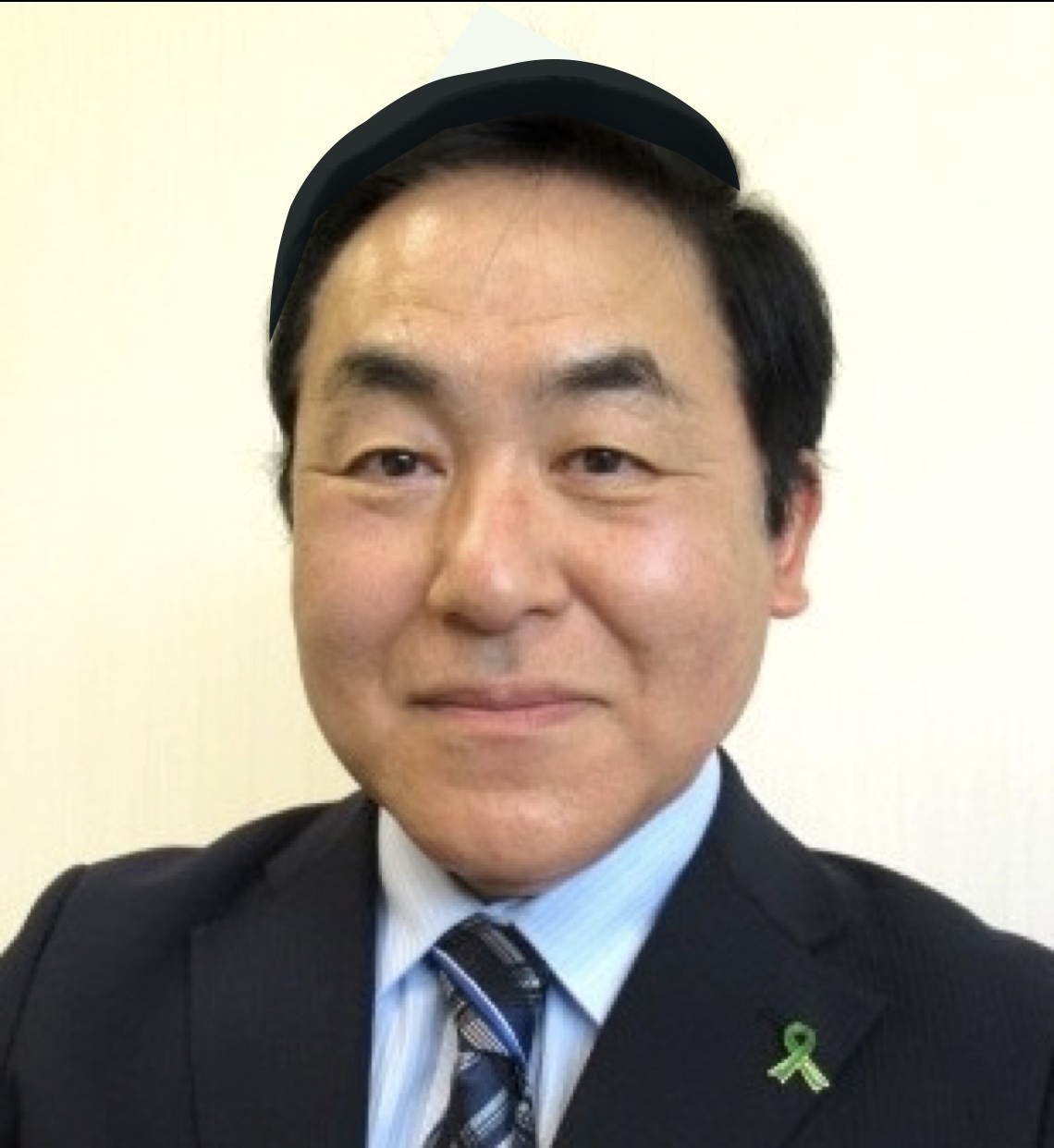
It is widely known that the PMP of deceased organ donors in Japan is positioned at the lowest in the world (~1.0). I am now a retired emergency neurosurgeon with experience of 10 DCD patients in my career and noticed many issues causing the donor shortage. Therefore, from the viewpoint of a neurosurgeon, I have been working to develop organ donation by educating medical students and enlightening the general public and emergency and transplantation societies through nearly 300 lectures. Amongst the low PMP countries in the world, including Japan, there must be common or unique factors that hamper the augment of donations. In the ISODP 2025 in Kyoto, I want to elucidate and share the negative features in Japan, especially in the DCD and opt-in policies, and discuss them with international attendees. Also, I want to discuss how to educate the medical staff and students to nurture professionalism about organ donation.
The significance of university education in promoting unbiased and objective professionalism on organ donation
Shunichi Yoshikai1.
1Neurosurgery, Kokura-minami Medical Care Hospital, Kitakyushu, Japan
Introduction: Japanese medical staff often hold personal biases and values regarding organ donation. Therefore, leading them to take an objective and proactive approach to donation is quite challenging. These issues must be solved through education before they become professionals.
Method: The author, an emergency neurosurgeon, has delivered 150 lectures at emergency medical institutes and universities to raise awareness about organ donation and discovered that ER professionals often held personal biases, placed excessive ethical emphasis on donation, and were unaware of the presence of recipients. To address these issues, the author has conducted lectures for medical students along with the following critical points.
Misunderstandings to be solved:
1. The policy that one must think of brain death as general death is equivalent to ideological coercion.
2. Medical professionals who reject donations of their organs can reject involvement in others’ donations.
3. ER doctors’ proactive participation in organ donation can lead to misunderstandings that they may cut corners in emergency medicine to prioritize the donation.
Items to be emphasized:
1. Transplantation medicine aims to treat awaiting organ recipients. It consists of organ donation, transportation, and transplantation; any one of them is indispensable. The ER staff must save the recipients occupationally with the donor.
2. ER workers are not expected to donate their organs, but they are expected to participate in the organ donation of others. They should not confuse public and private matters or impede others’ donations.
3. Organ donation is considered an ethical performance in Japan's medical societies. However, to increase the number of donors, it has to be sublimated as an objective and pure procedure of medical science. Personnel in all medical departments must be aware of donations, which must be passed on to succeeding generations in the medical history.
The issue to be discussed:
Patients’ organ donation is an honorable achievement of good end-of-life care by the ER staff.
Results:
Student's favorable responses are as follows;
Teachings that brain death issues are not ideological coercion but legal stipulation for the donation relieved us and made us proactive in professional participation in organ donation.
Teachings that ER staff must save unknown recipients somewhere are sympathetic, and we are willing to participate in organ donation.
Even if we don’t donate our organs, we must engage in others’ donations. We should be aware of our professional mission.
Conclusion: These objective educational methods undoubtedly require years to flourish; however, these will prevent the emergence of personal prejudices and lead to steady progress in transplant medicine in Japan.
[1] Organ donation
[2] education
[3] enlightenment
[4] professionalism
[5] emergency institute
[6] medical university students
[7] proactive participation